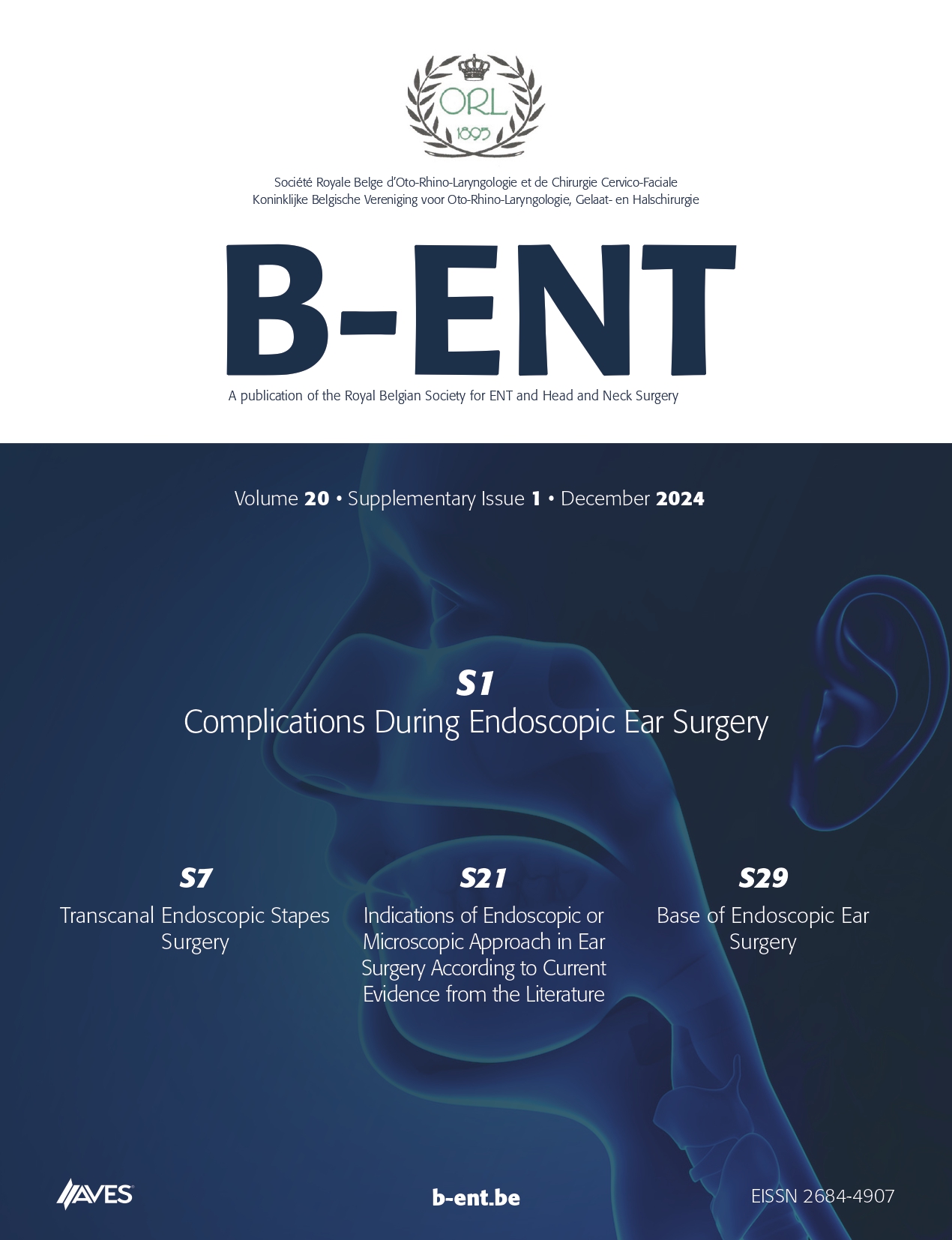Organisation of a universal newborn hearing screening programme in Flanders. Objective: Since 1998 an integrated universal newborn hearing screening programme (UNHSP) based on automated auditory brainstem response (AABR) has been implemented in Flanders. The protocol of the UNHSP is based on guidelines defined by the American Academy of Paediatrics (AAP). The aim of this paper is to report on the screening protocol and to assess its feasibility.
Methodology: Descriptive study based upon an analysis of the screening results in the neonatal non-NICU population of Flanders between 1999 and 2004. The UNHSP, organized by Kind en Gezin (K&G), uses a 2-stage protocol: children with a refer at the first screening test are retested, and those with a refer at the retest are referred to a certified centre. Screening and referral centres communicate their data to a central database at K&G.
Results: From the beginning of 1999 until the end of 2004 a screening was offered to 97.91% of all eligible babies in Flanders; 91.5% of these babies were screened by K&G using the Algo® Portable Newborn Screener. Three-quarters of the referred babies had a confirmed hearing loss. In 57.6% of these babies, hearing loss was bilateral. Some babies had a temporary hearing problem. The false positive rate after two tests was 0.53‰. All ascertained babies started early intervention, most of them before the age of 4 months.
Conclusions: K&G has succeeded in organizing a new, well-structured community-based UNHSP according to the guidelines of the AAP on Neonatal Hearing Screening.



.png)
